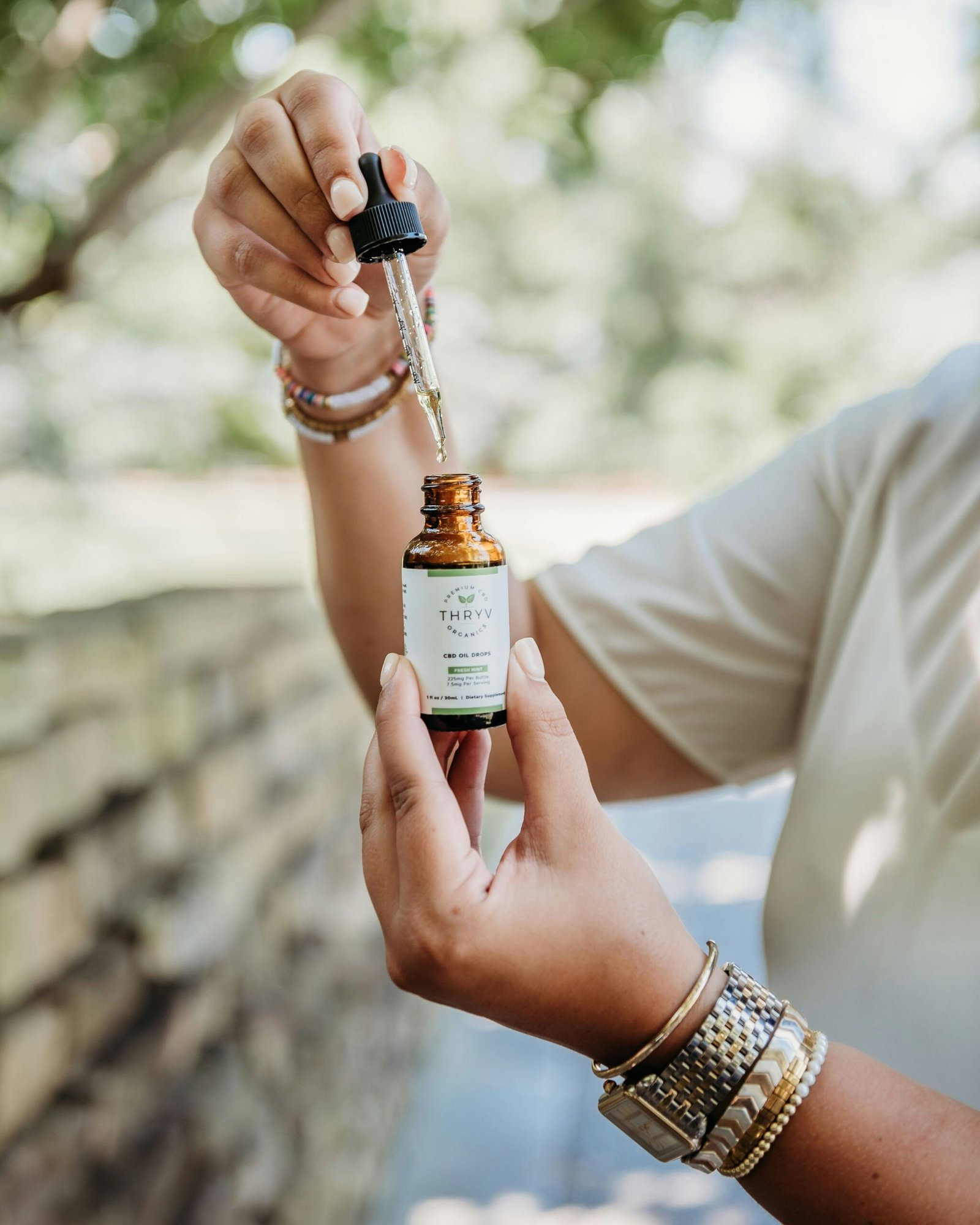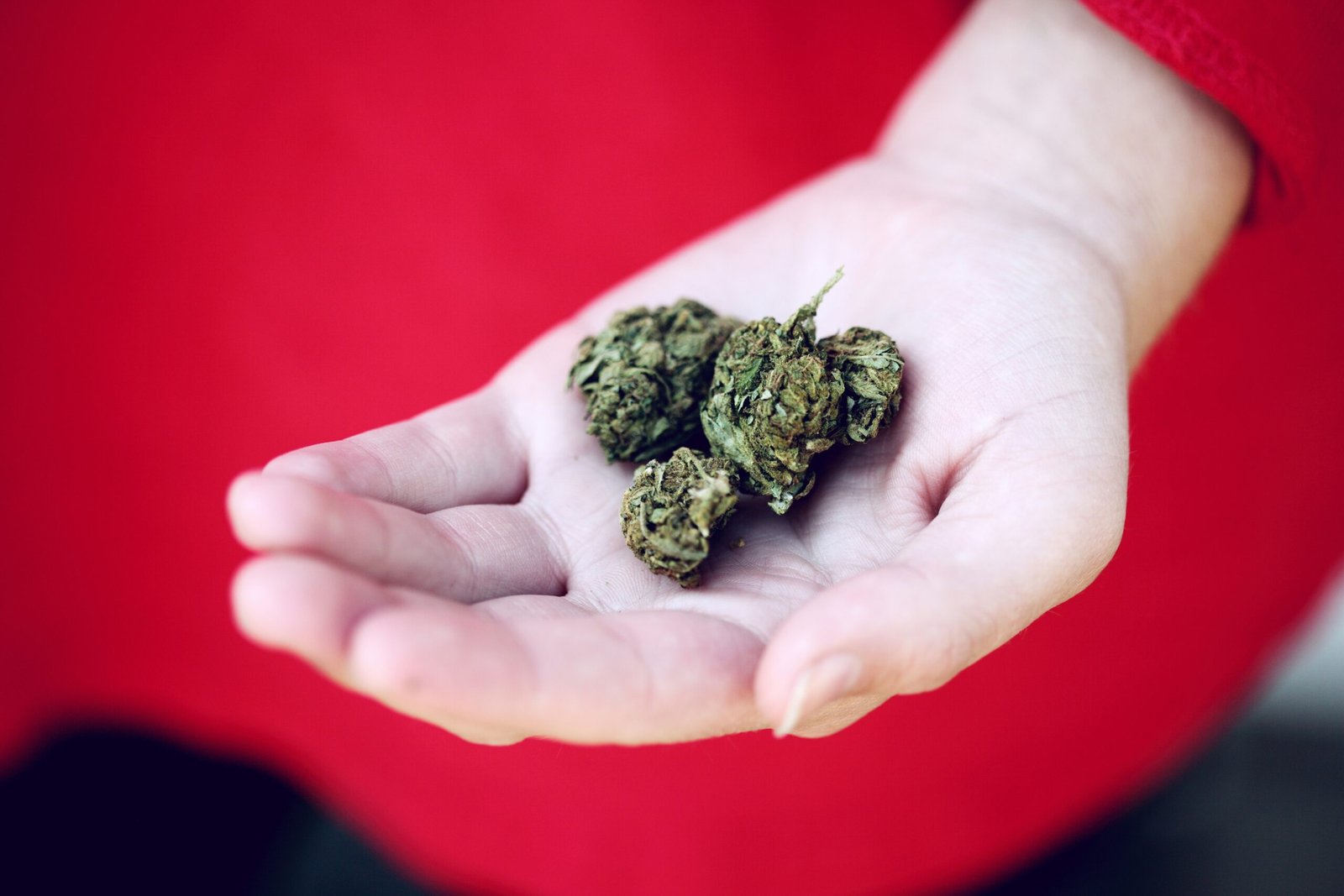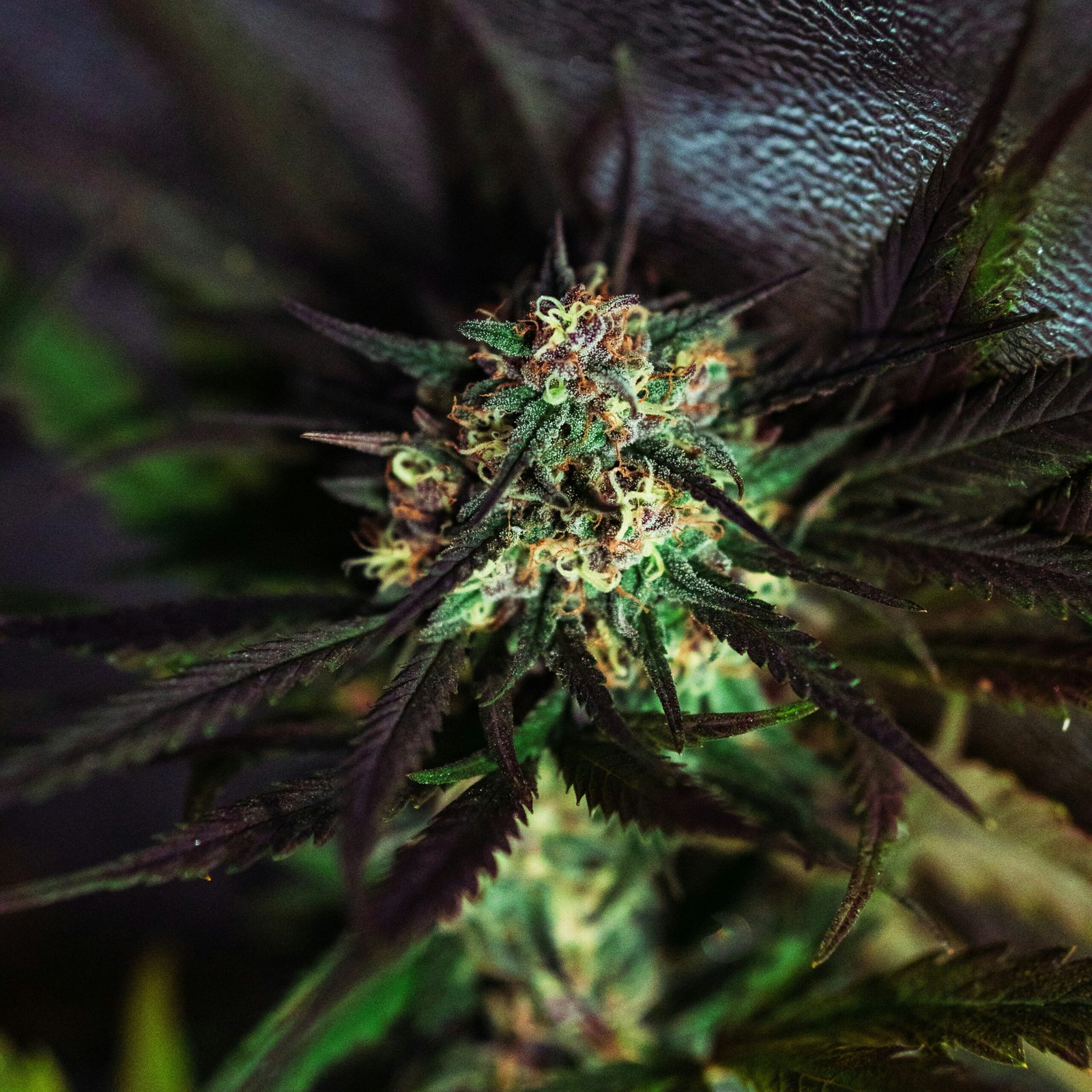Understanding Hemp Oil and CBD Oil Dosages for Various Health Conditions
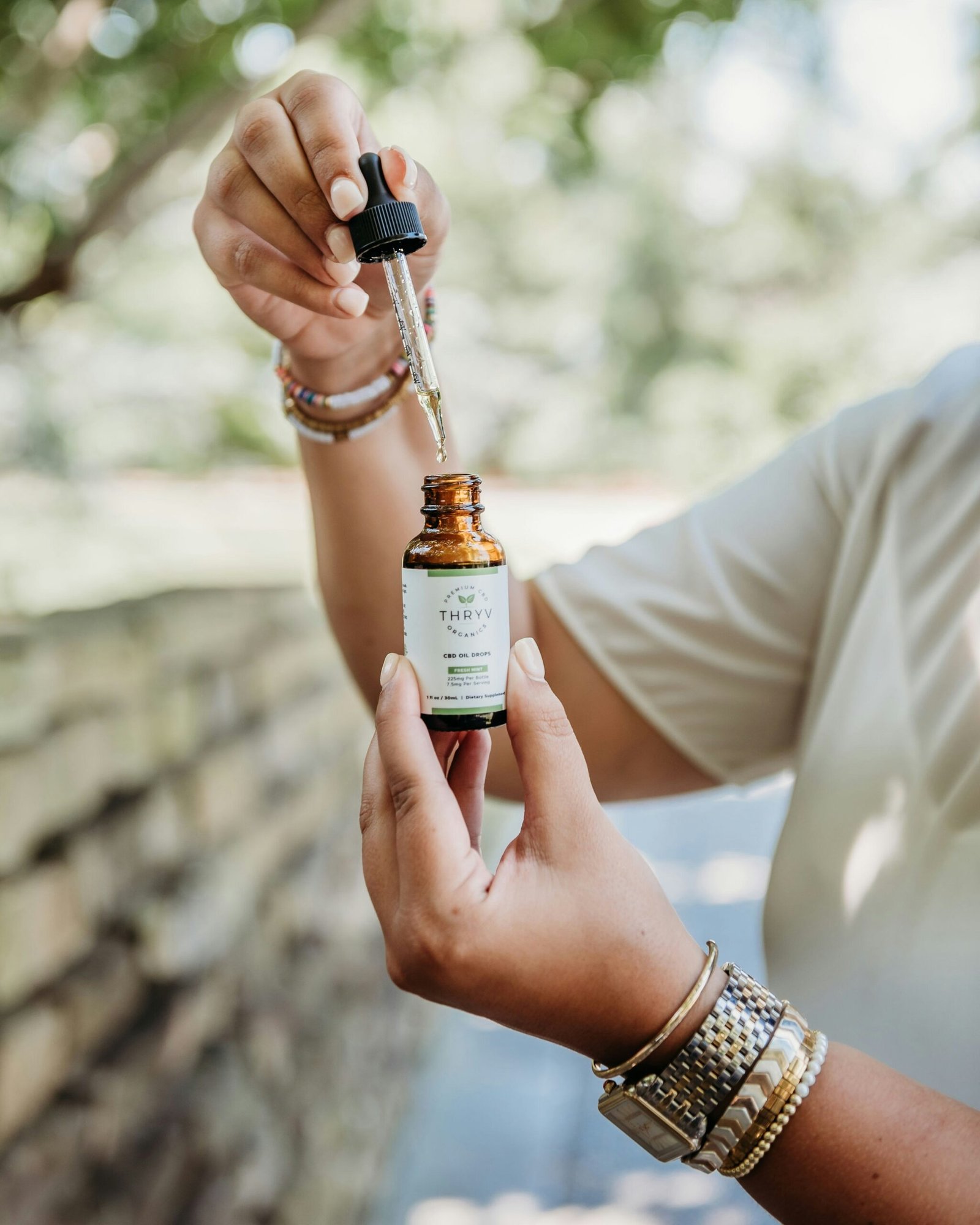
Introduction to Hemp Oil and CBD Oil
As interest in natural remedies continues to surge globally, hemp oil and CBD oil have garnered significant attention for their potential health benefits. Both derived from the cannabis plant, these oils differ significantly in their compositions and applications. Understanding these differences is crucial for those considering their use for various health conditions.
Hemp oil, also known as hemp seed oil, is extracted from the seeds of the hemp plant (Cannabis sativa). This extraction process involves cold-pressing the seeds to produce a nutrient-rich oil. Hemp oil contains minimal to no tetrahydrocannabinol (THC), the psychoactive compound found in cannabis, making it non-intoxicating. It is rich in essential fatty acids, vitamins, and minerals, contributing to its reputation as a nutritional supplement.
In contrast, CBD oil is extracted from the flowers, leaves, and stalks of the hemp plant, focusing on cannabidiol (CBD), a non-psychoactive compound. The extraction involves various methods such as CO2 extraction, which preserves the purity and potency of CBD. Unlike hemp oil, CBD oil can contain trace amounts of THC, though it’s typically below 0.3%, adhering to legal regulations in many countries.
The legal status of hemp oil and CBD oil varies globally. In the United States, the 2018 Farm Bill legalized the production and sale of hemp and CBD products containing less than 0.3% THC. However, regulations differ by state and country, making it essential for consumers to understand local laws before purchasing and using these oils.
The growing popularity of hemp oil and CBD oil stems from their potential therapeutic benefits. Common health conditions treated with these oils include chronic pain, anxiety, insomnia, and inflammation. Additionally, there is emerging evidence suggesting their efficacy in alleviating symptoms of epilepsy, arthritis, and even some skin conditions.
As the research on hemp oil and CBD oil continues to evolve, more individuals are turning to these natural alternatives in hopes of finding relief and improving their overall well-being.
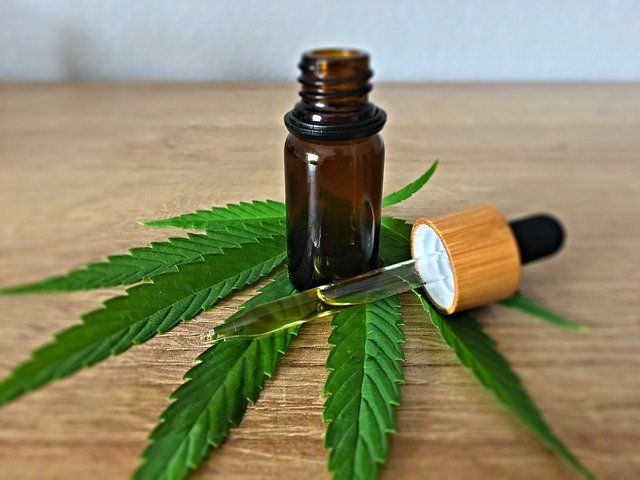
Dosage of Hemp Oil for Cancer Treatment
Hemp oil has garnered increasing interest for its potential therapeutic benefits in a variety of health conditions, including cancer treatment. Though research in this area is still evolving, several studies and anecdotal reports suggest that hemp oil may aid in alleviating some cancer-related symptoms and possibly in slowing disease progression. It is important to distinguish hemp oil from CBD oil, as these terms are often incorrectly used interchangeably. While both are derived from the hemp plant, hemp oil is generally extracted from the seeds and does not contain cannabinoids like CBD, which are found in the stalks and flowers.
Current research indicates that the possible benefits of hemp oil for cancer patients include pain relief, reduction in inflammation, and potential anti-tumor effects. Suggested dosage ranges are, however, quite variable and can depend on numerous factors, including the type and stage of cancer, patient’s weight, and overall health condition. Some studies propose starting with a low dose—which might range anywhere from a few drops to a teaspoon—and gradually increasing it while monitoring the patient’s response. The oil can be taken orally or applied topically, depending on individual needs and preferences.
For example, a case study involving patients with advanced-stage cancer showed that hemp oil, when used as a supplemental therapy, could improve their quality of life. Nonetheless, all findings are preliminary and require more rigorous scientific validation. As such, patients should be cautious and consult a healthcare professional before incorporating hemp oil into their treatment regimen. This consultation is crucial for determining an appropriate dosage and ensuring that hemp oil does not interfere with other treatments.
Several factors may influence the optimal dosage of hemp oil for a cancer patient, such as the specific type of cancer, stage of the disease, the patient’s metabolic rate, and their general health status. For instance, a patient undergoing aggressive treatments like chemotherapy may require different dosages compared to a patient with a less aggressive form of cancer. It is equally important to source high-quality hemp oil, free of contaminants, to ensure safety and effectiveness.
Overall, while hemp oil shows promise as a complementary method for cancer treatment, definitive conclusions await further comprehensive studies. Therefore, medical guidance is paramount for anyone considering this alternative therapy to tailor the approach to their specific health needs.
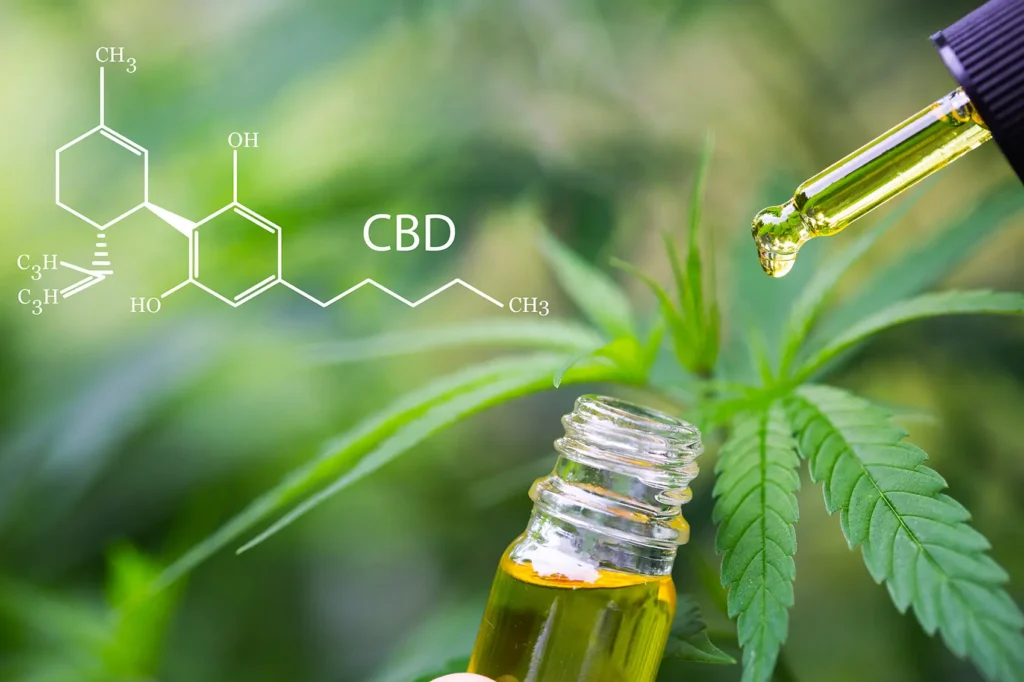
Dosage of CBD Oil for Cancer Treatment
CBD oil has become a popular alternative for managing chronic pain, a condition that affects millions of people worldwide. The primary mechanism through which CBD oil exerts its effects is by interacting with the body’s endocannabinoid system (ECS). The ECS is a complex cell-signaling system that plays a crucial role in regulating various physiological processes, including pain perception. CBD interacts with cannabinoid receptors, particularly CB1 and CB2, which can help reduce the sensation of pain and inflammation.
When it comes to determining the appropriate dosage of CBD oil for chronic pain, starting low and gradually increasing the dosage is generally recommended. A common starting point for new users is 5-10mg of CBD per day. Depending on the individual’s response to the initial dosage, it can be increased by 5mg increments every week until optimal pain relief is achieved. It’s essential to monitor the body’s reaction to each dosage to find the most effective dose with the least side effects.
CBD oil is available in various forms, and each has its own dosing considerations. Tinctures, which are typically taken sublingually (under the tongue), allow for easier control over the dosage. Users can adjust the dose drop by drop. Capsules, on the other hand, provide a pre-measured dose, which offers convenience but less flexibility in adjusting the dose. Vaping CBD oil is another method, offering quick relief but requires more precision in dosing, as the concentration can vary.
While testimonials and case studies provide anecdotal evidence of the effectiveness of CBD oil for chronic pain management, it’s crucial to seek medical advice before starting any new treatment regimen. Consulting with a healthcare provider ensures that the chosen dosage is safe and effective for individual health conditions.
Adult Dosage for CBD Oil
Determining the appropriate dosage of CBD oil for adults involves careful consideration of several factors, including body weight, metabolism, and the specific health condition being treated. It is crucial to start with a low dose and gradually increase it to find the most effective and safe dosage for individual needs.
Several guidelines can help in estimating the appropriate starting dose. Generally, a low dose of CBD oil for adults is around 5-10 milligrams per day. For individuals seeking for mild symptoms like anxiety or occasional pain, a dosage range of 15-20 milligrams per day may be more effective. Conversely, for severe conditions such as chronic pain or epilepsy, dosages as high as 50-100 milligrams per day might be required, often administered under medical supervision.
To help visualize these guidelines, a dosage chart can be particularly useful:

CBD Oil Dosage Chart
Body Weight:
– Below 130 lbs: 10-15 mg
– 130-230 lbs: 15-25 mg
– Above 230 lbs: 20-35 mg
Adjustments should be made based on the severity of the condition:
– Mild: Lower end of the dosage range
– Moderate: Mid-range dose
– Severe: Upper range dose
Monitoring the body’s response to CBD consumption is crucial. Signs of too much CBD intake can include drowsiness, changes in appetite, or gastrointestinal discomfort. Conversely, signs of insufficient dosage encompass minimal to no relief of the symptoms being targeted.
Starting with a low dose allows the individual to assess the body’s response and minimize potential side effects. Increase the dosage gradually, typically by 5 milligrams intervals every week, until the desired therapeutic effect is achieved. Record-keeping of dosage amounts and symptom relief outcomes can further refine the optimal dosage over time.
It is always advisable to consult with a healthcare professional before starting or adjusting CBD oil dosages, especially for those with underlying health conditions or who are taking other medications.
Cold Pressed CBD Oil with THC
Cold-pressed CBD oil is a unique variant of cannabidiol extraction that utilizes mechanical pressure to extract the oil from hemp seeds, as opposed to using chemical solvents or high temperatures. This method not only preserves the natural integrity of the oil but also retains a range of beneficial compounds that might otherwise be lost. The foremost benefit of cold-pressing is maintaining the oil’s nutritional profile, including essential fatty acids, antioxidants, and a gamut of cannabinoids, including THC.
Incorporating THC in CBD oil introduces a dynamic range of effects. THC, or tetrahydrocannabinol, is the psychoactive component of cannabis, responsible for the ‘high’ sensation. When present in CBD oil, THC can enhance the oil’s analgesic and anti-inflammatory properties through the entourage effect, where cannabinoids work synergistically to amplify their therapeutic benefits. However, this also brings potential downsides, such as psychoactive effects, which are important to consider, especially for users who are THC-sensitive.
When it comes to dosage guidelines for cold-pressed CBD oil that contains THC, individual variability plays a significant role. Factors such as body weight, metabolism, and THC tolerance can influence the optimal dosage. For novices, a conservative approach is advisable, starting with a low dose—typically 2.5 to 5 milligrams of THC per serving—and gradually increasing to gauge personal tolerance and therapeutic efficacy. For individuals experienced with THC, dosages can range higher, but it is generally recommended not to exceed 10 milligrams of THC per serving for those sensitive to its psychoactive effects.
It is crucial to consult healthcare professionals when considering cold-pressed CBD oil with THC, as they can provide personalized recommendations based on an individual’s specific health conditions and previous experience with cannabinoids. Additionally, users must be mindful of the legal status of THC in their regions, as regulations vary widely. Whether for pain management, anxiety relief, or general wellness, understanding the nuances of cold-pressed CBD oil with THC enables more informed and safe consumption.
Using CBD Marijuana for Anxiety
Investigating the use of CBD marijuana in treating anxiety disorders reveals a compelling intersection of cannabidiol (CBD), tetrahydrocannabinol (THC), and their combined therapeutic effects. CBD alone has been lauded for its potential anxiolytic effects, working on the endocannabinoid system to promote relaxation and reduce stress without the psychoactive properties inherent in THC. However, it is the synergistic relationship between CBD and THC that has garnered significant interest in managing anxiety.
CBD-enriched marijuana can ameliorate anxiety by leveraging the anxiolytic properties of CBD alongside the psychoactive effects of THC. In carefully managed doses, THC can enhance the calming benefits of CBD, providing a more comprehensive approach to anxiety relief. It is crucial to balance the ratio of CBD to THC adequately; higher CBD levels can counteract the psychoactive effects of THC, making the overall experience less overwhelming and more therapeutic.
The appropriate dosage of CBD marijuana for anxiety widely varies among individuals, depending on factors such as the severity of the anxiety disorder, individual body chemistry, and previous exposure to cannabinoids. For mild anxiety, starting with a low dose of CBD, approximately 5-10 mg, may be sufficient. In moderate to severe cases, dosages might range from 20-50 mg of CBD. Regarding THC, microdosing, typically 2.5-5 mg, is recommended to avoid any potential exacerbation of anxiety symptoms through psychoactive effects.
There are several methods of administering CBD marijuana for anxiety, including smoking, vaping, and edibles. Each method has its onset time and duration of effects; for instance, smoking and vaping provide quicker relief due to faster absorption into the bloodstream, whereas edibles have a delayed onset but prolonged effects. Given the variability in responses, it is imperative for users to monitor their reactions closely and adjust dosages accordingly.
Consulting with a medical professional before beginning any regimen involving CBD marijuana is paramount. A healthcare provider can help tailor the dosage and method of administration to the individual’s specific needs, ensuring safety and efficacy in managing anxiety. Continuous monitoring and adjustment of dosages based on one’s response are essential to achieving the desired therapeutic outcomes.
Pure Kana Natural CBD Oil: A Case Study
Pure Kana Natural CBD Oil stands out in the marketplace due to its commitment to quality and potency. This product is crafted from organically grown hemp and undergoes rigorous third-party lab testing to ensure its purity and absence of pesticides, heavy metals, and other contaminants. The blend predominantly includes cannabidiol (CBD), a non-psychoactive compound of hemp that has garnered attention for its potential health benefits.
The product’s composition features a broad-spectrum CBD extract, maintaining the presence of other beneficial cannabinoids and terpenes, which contribute to the entourage effect. This phenomenon enhances the therapeutic effects of CBD oil, as various compounds work synergistically. The potency of Pure Kana Natural CBD Oil ranges from 300 mg to 5000 mg per bottle, catering to both novices and experienced users with varying needs.
User experiences and reviews indicate a wide array of health conditions addressed with this CBD oil. Several individuals have reported significant relief from chronic pain, anxiety, and insomnia. For instance, users dealing with chronic pain have found that doses ranging from 25 mg to 50 mg per day were effective, sometimes requiring higher doses for more severe conditions. Anxiety sufferers often opted for lower doses, about 10 mg to 20 mg, to alleviate symptoms without sedation. Additionally, Pure Kana’s oil has been used to improve sleep quality, with doses typically around 30 mg taken before bedtime.
Scientific research supports some claims associated with CBD oil. A study published in the Journal of Clinical Psychology found that CBD may reduce anxiety levels, while a research article in the European Journal of Pain observed CBD’s efficacy in chronic pain management through an anti-inflammatory mechanism. However, it is pivotal to note that while user testimonials and preliminary studies are promising, comprehensive clinical trials are still necessary to solidify these findings.
Overall, Pure Kana Natural CBD Oil presents itself as a reliable option for those exploring CBD for various health concerns. Its consistent quality control, transparency in lab results, and positive user feedback contribute to its reputation. Yet, individuals are encouraged to consult healthcare professionals to determine the appropriate dosage suited to their specific conditions.
Conclusion and Final Recommendations
In understanding the intricacies of hemp oil and CBD oil dosages, it is paramount to acknowledge the diverse therapeutic potentials and individual variability in responses to these natural compounds. Throughout the preceding sections, we have delved into their distinct pharmacological profiles, discussed the dosage considerations for various health conditions, and provided a comparison between hemp oil and CBD oil to aid in informed decision-making.
Determining the right dosage of hemp oil and CBD oil hinges on a multitude of factors including body weight, metabolism, the severity of the condition, and individual bioavailability. A personalized approach, often commenced at lower doses and gradually adjusted, is recommended to assess tolerance and efficacy. Specifically, for anxiety, chronic pain, inflammation, and sleep disorders, tailored dosing strategies were highlighted to illustrate how individual needs vary significantly.
Consultation with healthcare providers cannot be overstated, as their expertise can help navigate potential drug interactions, contraindications, and suitable dosages based on a comprehensive health assessment. This precautionary step is crucial, especially for individuals with pre-existing health conditions or those currently taking medications. Healthcare professionals can also offer insights regarding the latest clinical studies and emerging data, ensuring informed and safe usage of hemp oil and CBD oil.
We encourage readers to remain engaged and informed about ongoing research and developments in the realm of CBD and hemp oil therapy. The landscape is continually evolving with new findings that could enhance understanding and application of these compounds. Sharing personal experiences can also contribute to the collective knowledge and support within the community of hemp oil and CBD oil users.
Ultimately, finding the optimal dosage is a journey characterized by patient experimentation and professional guidance. With cautious and measured steps, individuals can harness the therapeutic benefits of hemp oil and CBD oil, aligning their usage with their specific health goals and well-being.

